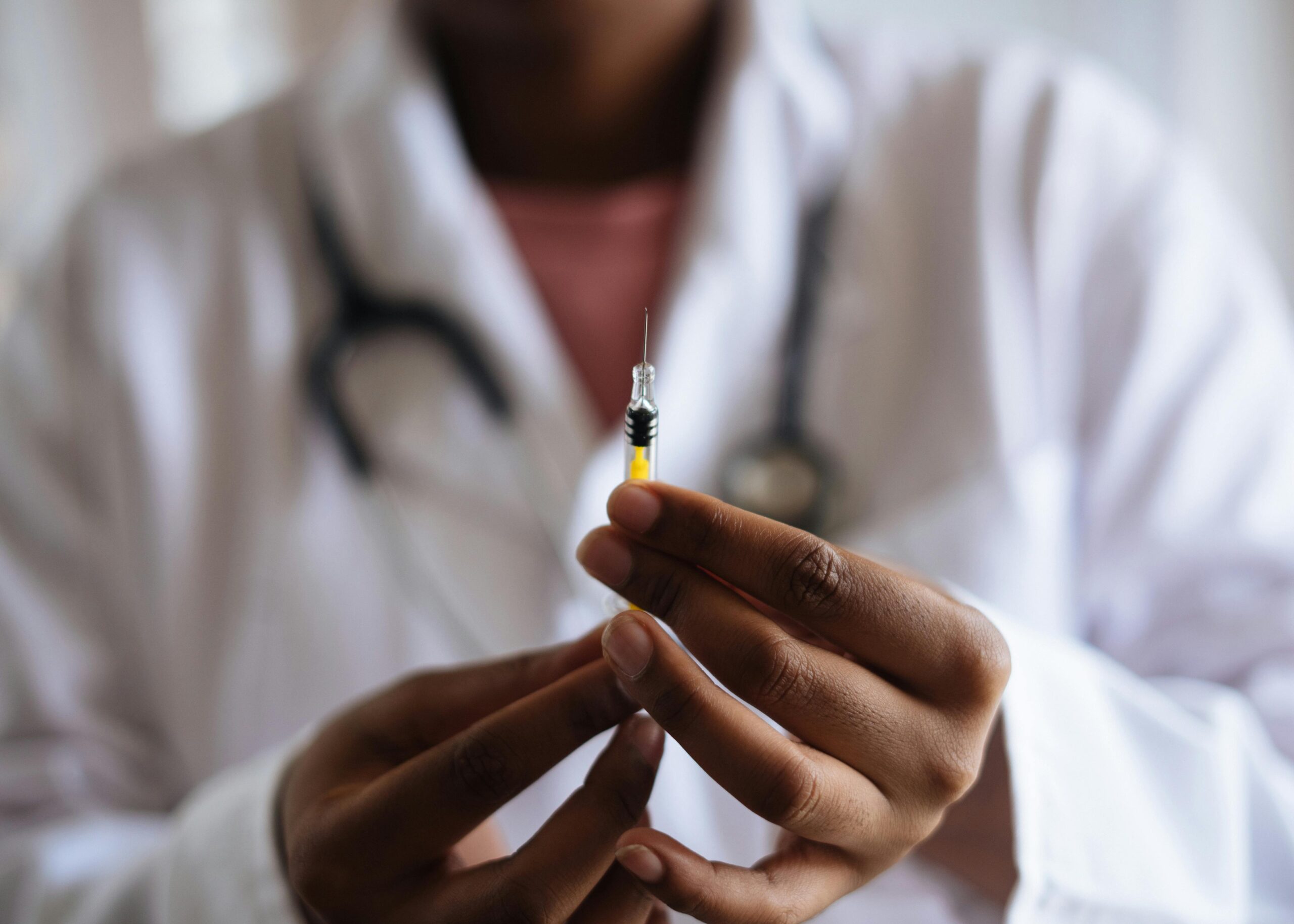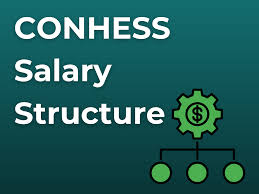Child health experts have identified vaccine hesitancy, religious and cultural beliefs, inadequate healthcare infrastructure, and insecurity as major obstacles to achieving universal immunisation.
The paediatricians lamented that despite efforts to improve immunisation rates, the country still faces significant barriers to protecting children from preventable diseases.
Speaking exclusively with PUNCH Healthwise, they said disrupted access to healthcare facilities due to insecurity affecting internally displaced populations further impedes routine immunisation efforts.
PUNCH Healthwise had earlier reported that the President of the Paediatric Association of Nigeria, Professor Ekanem Ekure said Nigeria disproportionately accounts for 2.2 million of the 4.4 million zero-dose children in West Africa, the highest in the world.
According to her, only 23 per cent of children were fully immunised according to the Expanded Programme on Immunization schedule in 2021.
While expressing concern that Nigeria has the highest under-five mortality rate in the world, the physician lamented that these children are dying from preventable diseases.
Reacting, the child health experts told our correspondent that vaccine hesitancy, fueled by misinformation and misconceptions, is a growing concern in the country.
They explained that some parents strongly believe that vaccines contain harmful chemicals, while others have linked them to infertility and neurodevelopmental issues, adding that these misconceptions have led to a significant number of “zero-dose” children, who have not received any vaccinations.
The founder, and Chief Medical Director of Atlantis Pediatric Hospital, Lekki, Dr Atinuke Uwajeh, while speaking with PUNCH Healthwise noted that the consequences of inadequate immunisation are dire, with diseases once on the brink of eradication making alarming comebacks.
The Fellow of the American Academy of Paediatrics and a Diplomate of the American Board of Paediatrics stressed that education and community engagement are pivotal in dispelling myths and encouraging vaccination.
She explained, “I feel that lack of access to available vaccines, ignorance of the benefits of the vaccines, and religious beliefs are significant barriers to the high number of zero-dose children.
“A very good example is the polio vaccines in some areas of the country. Some religious leaders insisted this would cause infertility and prevented quite a number of people from getting the vaccine. Another instance is the HPV vaccine; which is meant to prevent cervical cancer. There is pushback from parents due to cultural belief
“The implication is very frightening. Inadequate infrastructure means we have several children who are deprived of access to vaccines for preventable diseases.”
On how to solve the problems surrounding immunisation, the physician said, “Trying to engage the communities, creating an enabling environment, educating our community members on the importance of these vaccines and also protecting caregivers who will be responsible for giving the vaccines in those areas that are hostile to the caregivers.
“Vaccination has been known to help eradicate diseases- smallpox for instance has been eradicated because of vaccination
“Vaccine hesitancy is also another major problem we are having. Most of our educated members are also concerned about the false association between vaccines and neurodevelopment issues.”
She, however, noted that a concerning trend dubbed the ‘japa’ syndrome, where healthcare professionals are leaving Nigeria, is leading to understaffed and overburdened health centres, especially in rural areas.
On her part, a Consultant Paediatrician at the University of Ilorin Teaching Hospital, Kwara State, Omotayo Adesiyun said economic constraints compounded by rising transportation costs pose significant challenges to parents striving to reach health centres where immunisations are offered free of charge.
The Professor of Paediatrics noted that efforts to bridge the barrier gap through education, community involvement, and sustainable healthcare infrastructure are crucial to ensure that every child receives the protection they deserve against life-threatening diseases.
The physician advocated for targeted education campaigns involving traditional leaders and community influencers.
She explained that by harnessing their influence, accurate information about vaccines can be disseminated, countering misinformation that fuels vaccine hesitancy.
SOURCE: PUNCH NEWSPAPER




